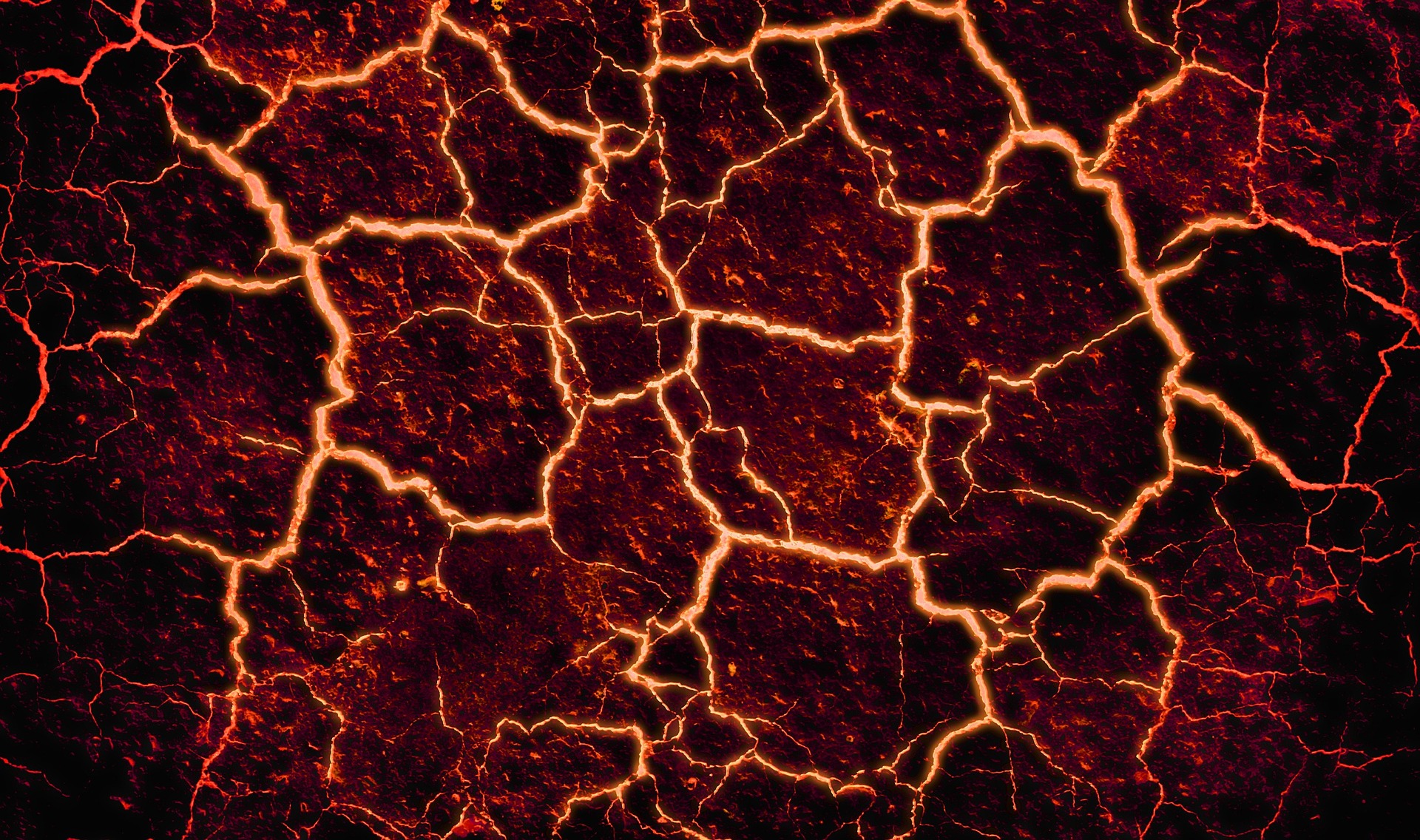ANU researchers speed up earthquake simulation software

“Faster, more efficient software,” “speedups and code profiling,” and “parallel programming” – these were the central takeaways from the two-week National Computational Infrastructure (NCI) HPC-AI Hackathon hosted in partnership with NVIDIA, and the OpenACC organisation from 24 October to 4 November. Read the full story on the NCI website: GPU Hackathon builds research skills and software capacity.
Modern programming has benefited from GPU accelerators for more than two decades, and now scientific applications are taking advantage of these performance gains. The recent boom in AI has made accelerators even more critical. Nine teams with more than 50 researchers from across Australia, Taiwan, India, Singapore, and the US worked together and with the NCI and NVIDIA experts to crack open their codes and make them more efficient. The science domains covered climate and weather science, geophysics, material science, fluid dynamics, aircraft modelling, and computational chemistry. All teams created substantial improvements to their HPC or AI applications. NCI is proud to support cutting-edge research around Australia and the world.
Researchers from The Australian National University, Dr Kenneth Duru, Dean Muir and Fred Fung attended the Hackathon to optimise an earthquake wave propagation code called WaveQLab3D.
The team said, “We have been wanting to port this code to GPUs for a long time. The opportunity to access dedicated resources and support was incredibly valuable for us.”
“In the end, we measured roughly a 100x speed up on the most costly functions in our code, with the inner and boundary finite difference stencils coming down from roughly 500-600ms on a small grid with 4 CPUs, to 3.6ms plus around 60ms data transfer time on 4 GPUs.”
NCI’s ongoing training collaboration with vendors has helped users to develop expertise with their codes directly on the Gadi system, working in real-time on the platform they use every day. The Hackathon has also provided an opportunity to develop the mentors’ skills in training, education and content delivery.
The NCI-NVIDIA HPC-AI Hackathon has set up researchers to perform bigger, better and more efficient calculations with the HPC resources available to them. NCI is looking forward to hosting further GPU training events for our users and international computational researchers in coming years. We hope more Australian National University researchers can participate and benefit from these great events in the future.
